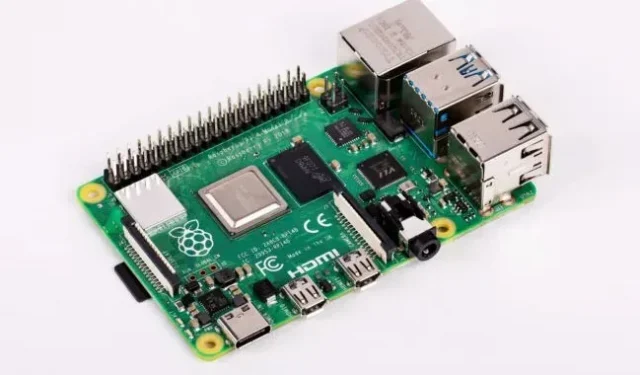Raspberry Pi bootloader lets you install an OS without the need for a separate PC

Setting up a Raspberry Pi board has always required a second computer, which is used to write your chosen operating system to an SD card so your Pi can boot. But the Pi Foundation is working on a new version of its bootloader that could connect a bare-bones Pi board directly to the internet, allowing the official Raspberry Pi OS to be downloaded and installed on a blank SD card without requiring another computer.
To test the network boot feature, you will need to use the Pi Imager on a separate computer to copy the bootloader updater to the SD card – Pi firmware updates are usually installed with new OS updates, not separately, but since this is still in testing, this requires additional steps.
After installing it, a number of conditions must be met in order for network boot to work. It only works on Pi 4 boards (and Pi 4-derived devices such as the Pi 400 computer) that have a keyboard and Ethernet cable connected to them. If you already have an SD card or USB stick with a bootable OS attached, the Pi will boot from it as usual, so the normal boot process doesn’t slow down. And you’ll be limited to choosing the OS image in the official Pi sample, although it covers a wide range of popular distributions, including Ubuntu, LibreELEC, a couple of retro gaming OS emulators, and Homebridge. For other OSes, downloading the image to a separate PC and manually installing it on the SD card is still the best way.
It’s great to see the Pi getting these new features – it’s reminiscent of Apple’s online recovery service, and it’s something many Windows PCs still can’t do despite their modern UEFI feature-rich bootloaders (presumably due in part to licensing). restrictions). It is not yet known when the network boot feature will exit beta and become publicly available to all Pi 4 boards, but it is expected to happen in the next few months.
If you want to revert to a stable bootloader or are looking for step-by-step instructions on how to install the bootloader or boot the Pi OS over the network, the Raspberry Pi Foundation documentation is here.
Leave a Reply